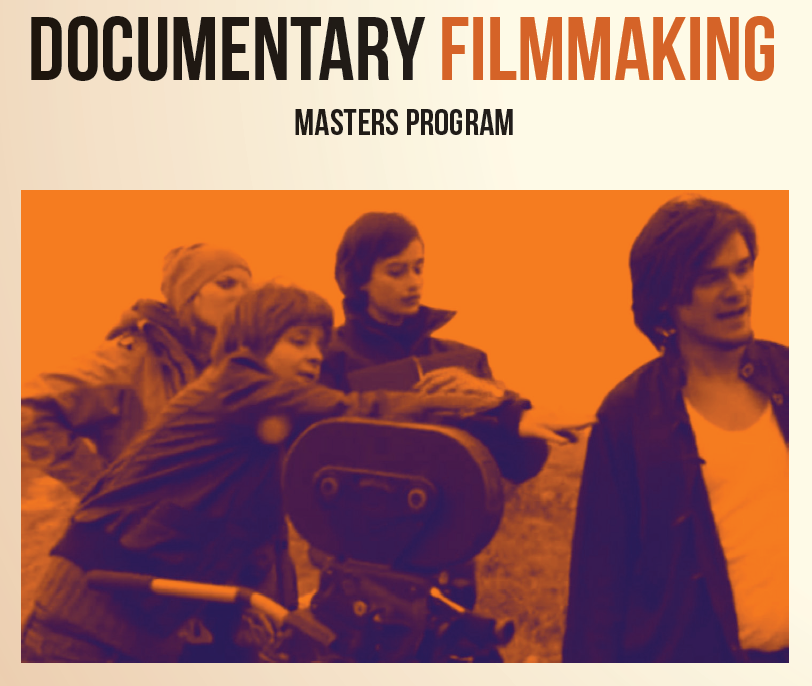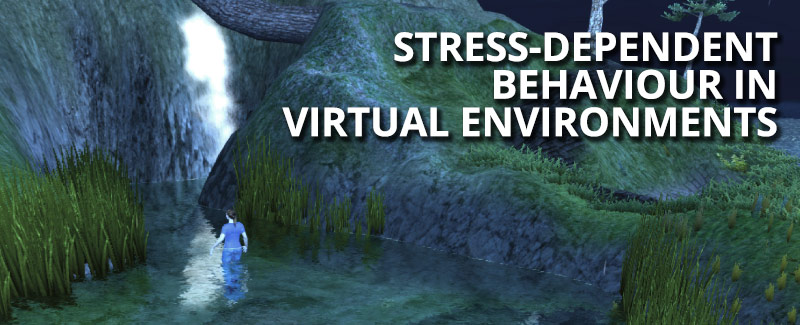Jan 26, 2017
 Prof. Wierzbicki is reviewer to the Electronic Journal of e-Learning (EJEL). The Electronic Journal of e-Learning (EJEL) provides perspectives on topics relevant to the study, implementation and management of e-Learning initiatives. EJEL has published regular issues since 2003 and averages between 3 and 4 issues a year.
Prof. Wierzbicki is reviewer to the Electronic Journal of e-Learning (EJEL). The Electronic Journal of e-Learning (EJEL) provides perspectives on topics relevant to the study, implementation and management of e-Learning initiatives. EJEL has published regular issues since 2003 and averages between 3 and 4 issues a year.
The journal contributes to the development of both theory and practice in the field of e-Learning. The Editorial team consider academically robust papers and welcome empirical research, case studies, action research, theoretical discussions, literature reviews and other work which advances learning in this field. All papers are double-blind peer reviewed.
Jan 4, 2017

Prof. Wierzbicki is committee member for the 3rd International Workshop on Computer Sciences and Information Technologies for Education – CSITE 2017. The workshop will be held on June 27-28, 2017 in Qingdao, China.
Sep 30, 2016

EVA, the European Virtual Academy, offers the following courses for the winter semester 2016-2017:
- Foundations of Modern Cryptography by Klaus Dohmen (DE),
- Image Processing and Computer Graphics by Gabór Klucsik (HU),
- The Exhibition Process by Rocío Aguilar-Nuevo (SP) and
- Interactive Movies by Robert J. Wierzbicki (DE).
Aug 1, 2016

The Master in Documentary Filmmaking is a highly practical, applied program in the production of documentary film for cinema, television or other media platforms. From the beginning of the master program, students will start working on the portfolio for the production of a feature documentary film that will represent their final dissertation work, while also taking other theoretical, and practical courses, with the possibility of choosing from a number of elective courses offered.
Apr 20, 2016

Bastian Rademacher presents the paper “Stress-Dependent Behavior in Virtual Environments” at this years Young Scientists Conference in Schmalkalden. The paper was written withn the track “Media & Communication Basics” by Prof. Wierzbicki.
More about Bastian.
Sep 27, 2015

General objectives of the Master program in Documentary Filmmaking are:
- Developing an understanding of the most important trends and developments of the documentary film genre within the context of the new platforms of distribution and new specific audiences in the information age
- Practical learning, through analysis and practice at the highest standards, of specific documentary film genres: scientific documentary, social and anthropological films, docu-drama, adventure documentary.
- Acquiring skills and abilities necessary in the production of film for cinematography, television and new media.
- Developing the ability to use the specific media and cinematography specialised language while creatively applying theoretical and practical knowledge in a professional setting.
- Developing theoretical and practical knowledge about Romanian and international non-fiction contemporary film
- Developing theoretical knowledge and practical experience in order to cultivate high professional and ethical standards, as well as professional courage and civic responsibility, as a non-fiction cinematographer.
 Prof. Wierzbicki is reviewer to the Electronic Journal of e-Learning (EJEL). The Electronic Journal of e-Learning (EJEL) provides perspectives on topics relevant to the study, implementation and management of e-Learning initiatives. EJEL has published regular issues since 2003 and averages between 3 and 4 issues a year.
Prof. Wierzbicki is reviewer to the Electronic Journal of e-Learning (EJEL). The Electronic Journal of e-Learning (EJEL) provides perspectives on topics relevant to the study, implementation and management of e-Learning initiatives. EJEL has published regular issues since 2003 and averages between 3 and 4 issues a year.




